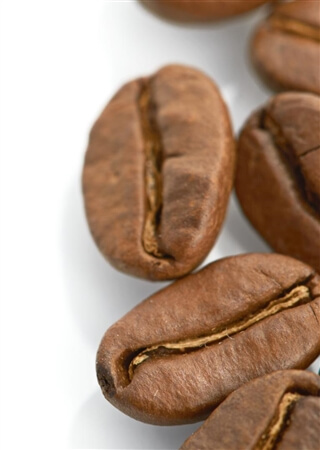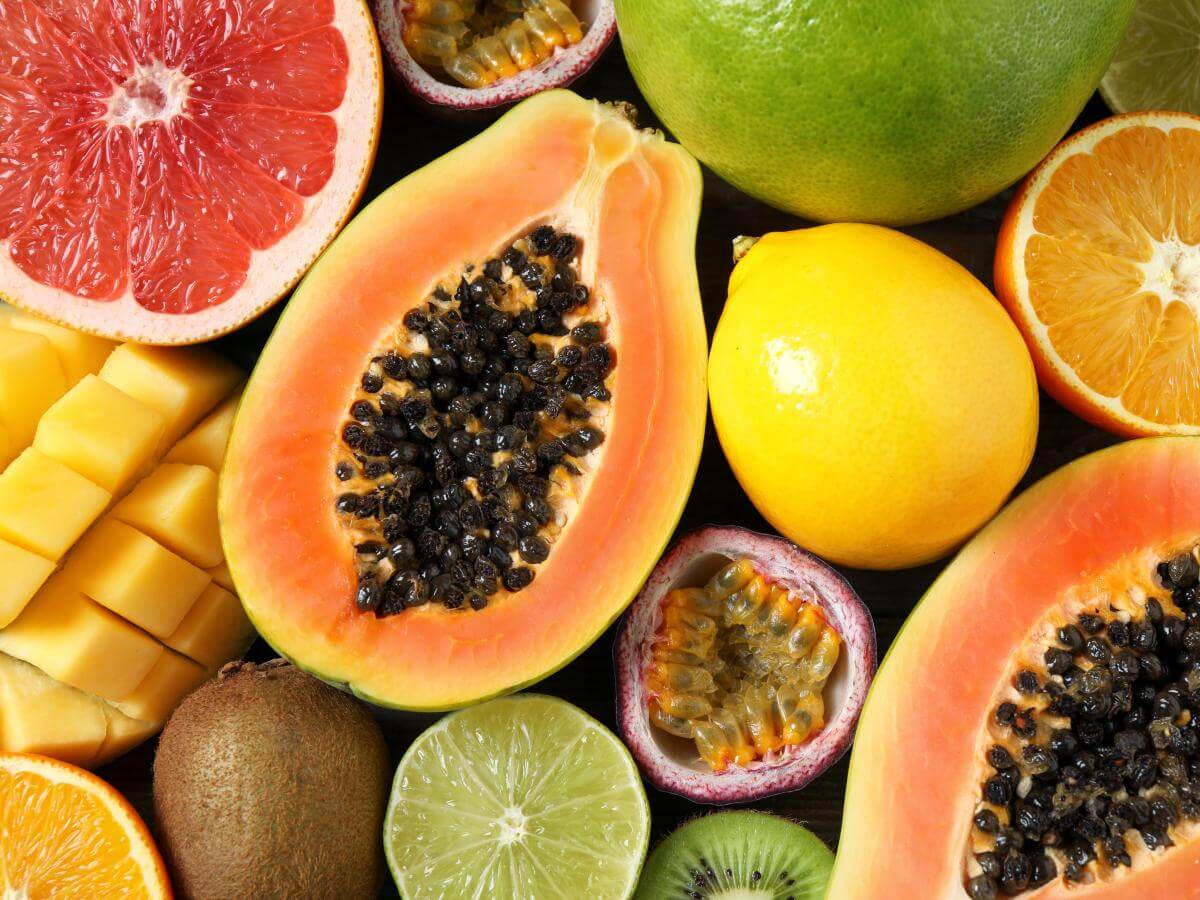Surprising facts about coffee you might not know
There are plenty of coffee lovers out there. Are you one of them? If you think you know everything about coffee, here are some surprising facts that you might not be aware of!
A coffee bean is not actually a bean but part of a fruit
Yes you read right. A coffee bean is not a bean but part of a fruit, or more accurately the seed of a fruit. In fact, coffee beans are the seeds of the Coffea plant. The seeds are inside a drupe that resembles a cherry. Each drupe contains two seeds, which are wrapped in a film, and that will later become coffee beans.
As soon as the plant starts blooming, the fruit, and therefore the seeds or ‘beans’ start growing and continue to grow for approximately 15 weeks. Once the fruit has been harvested, the pulp is removed, the beans are separated, soaked in water and then dried either in the sun or using special drying machines.
A coffee bean is not actually a bean but part of a fruit
Yes you read right. A coffee bean is not a bean but part of a fruit, or more accurately the seed of a fruit. In fact, coffee beans are the seeds of the Coffea plant. The seeds are inside a drupe that resembles a cherry. Each drupe contains two seeds, which are wrapped in a film, and that will later become coffee beans.
As soon as the plant starts blooming, the fruit, and therefore the seeds or ‘beans’ start growing and continue to grow for approximately 15 weeks. Once the fruit has been harvested, the pulp is removed, the beans are separated, soaked in water and then dried either in the sun or using special drying machines.

Are there only two types of coffee beans? Not really!
In reality, there are many different species of Coffea. However, the most common ones are Coffea Arabica and Coffea Robusta.
Arabica beans contain less caffeine, have a sweeter taste and higher acidity. They have a faster ripening process compared to Robusta, while the plant itself is more delicate and difficult to cultivate.
Robusta beans, on the other hand, due to the higher caffeine levels, are more full-bodied and slightly more bitter with an intense aroma. The plant itself is more resistant to pests and easier to plant and grow. As a result Robusta coffee is usually cheaper than Arabica coffee.
Who produces and who consumes the most coffee?
Brazil, Ethiopia, Colombia and Vietnam, are some of the world’s top coffee producers but it depends on the climate of each region, certain weather conditions and each year’s production levels.
In 2020, Brazil was the country with the highest coffee production with approximately 3.8 billion kg of coffee (source: International Coffee Organization).
When it comes to coffee consumption per capita, the top 3 varies per year. According to certain reports, Finland comes first followed by Norway and Iceland while Sweden, Denmark and the Netherlands are also among the most coffee-consuming countries (source: 2016 - https://worldpopulationreview.com/country-rankings/coffee-consumption-by-country).
Is decaf coffee completely caffeine-free?
The answer is no! Although it is believed that decaf coffee is totally free of caffeine, in reality none of the methods currently used to extract this substance from the beans is able to eliminate it completely. According to reports and data, a cup of decaffeinated coffee contains about 2 mg of caffeine compared to 50-120 mg of regular coffee.

Caffeine and theine: are they the same?
When we talk about theine and caffeine, we often tend to think of them as two different substances. But in reality caffeine is the same molecule as theine. In other words, they are two identical stimulants for the central nervous system and their chemical composition is also identical.
However, this is a relatively recent discovery. It was only in the late 1800s when scientists compared the active ingredients in tea leaves and coffee beans, which had meanwhile been given different names: theine and caffeine.
Is caffeine a central nervous system stimulant?
Caffeine has indeed psychostimulant effect, in other words, properties that stimulate the central nervous system. That’s why caffeine can improve psychomotor performance, increase mental clarity and arousal (less drowsiness and more energy), as well as create a feeling of well-being.
Is coffee healthy or unhealthy?
There have been many concerns about the impact of coffee and caffeine on our health. Nevertheless, according to several studies, when consumed in moderation (3-4 cups per day) and as part of a healthy diet, caffeine can have a potential protective effect when it comes to certain cardiovascular diseases and in general our cardiometabolic health (This information is not a substitute for a consultation or treatment from your doctor).
However, further analysis is needed in order to identify the exact impact of caffeine on our body. For example, certain studies indicate that there is an association between coffee intake and increased risk of fractures for women while, pregnant women should reduce their daily caffeine intake.


How much is too much?
According to European Food Safety Authority healthy adults should consume up to 400 mg of caffeine per day while during pregnancy, daily intake should not exceed 200mg. In general, people undergoing certain treatments, pregnant women or people with medical conditions might be more sensitive to caffeine and should therefore consult their doctor.
But, there is one thing to remember: caffeine is also present in other products such as tea, cola drinks, chocolate and guarana. For example, one cup of coffee contains on average 80 to 100mg of caffeine while 50g of dark chocolate contains approximately 30mg of caffeine.
Quitting coffee: gradually or suddenly?
Are you drinking too much coffee or caffeinated beverages? If you want to reduce your daily caffeine intake, it is better to start cutting down on coffee gradually rather suddenly. In some cases, sudden cessation of coffee consumption could cause withdrawal symptoms such as headaches, irritability, and difficulty concentrating.
How to choose your coffee beans
When choosing your coffee remember to always check the origin, how and where your coffee beans have been cultivated.
Overall, dark roasted coffee beans have the best health benefits, related to high levels of antioxidants and low levels of acrylamide. It is also crucial to choose coffee beans organically or biodynamically grown to reduce exposure to glyphosate and other toxic pesticides.
ARTICLES YOU MAY LIKE





